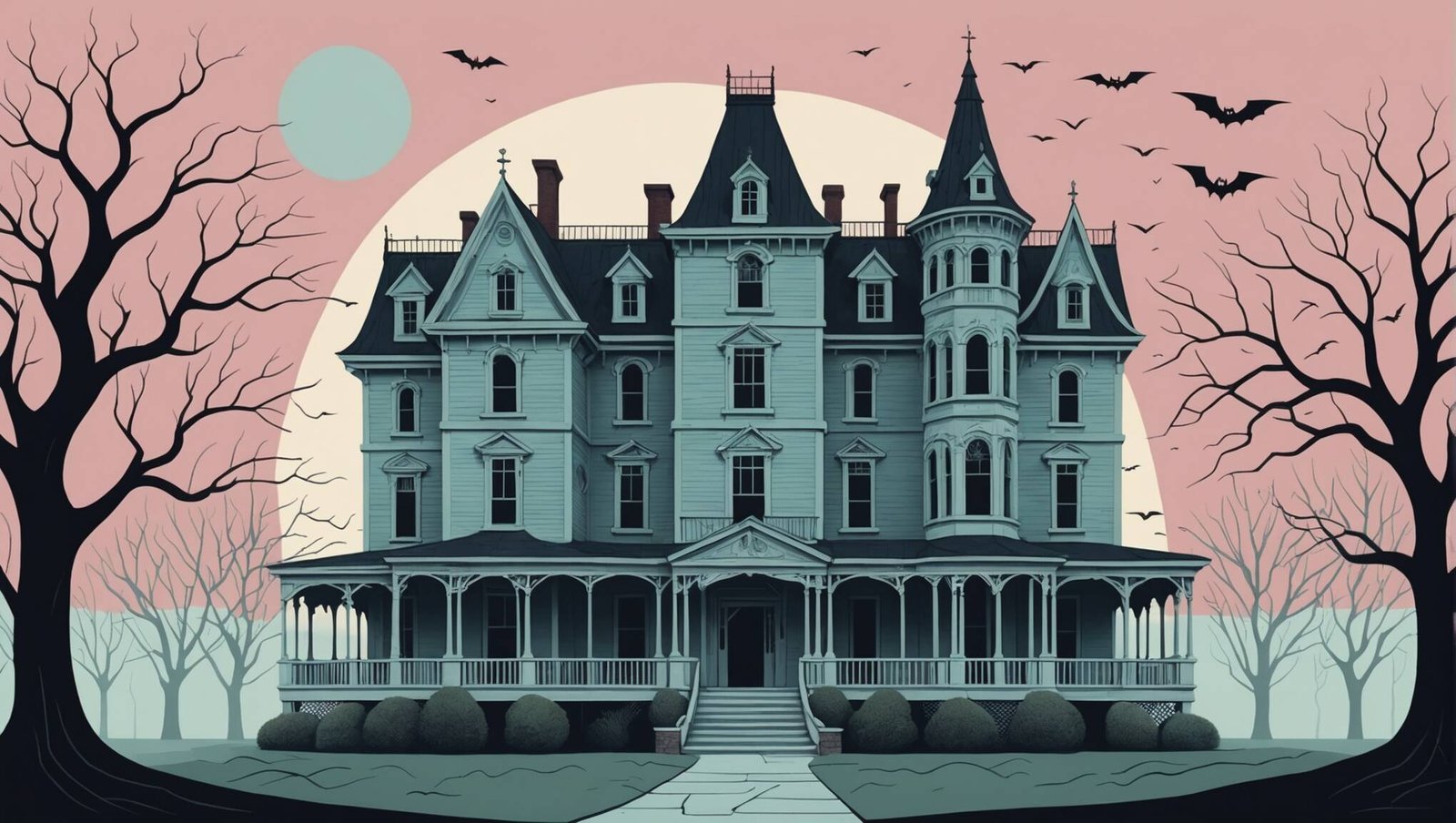Oscar’s Best Supporting Actors: Unforgettable Performances
The Academy Award for Best Supporting Actor is a prestigious recognition that has celebrated some of the most captivating performances in film history. These actors, often the unsung heroes of cinema, breathe life into characters that enrich storylines and leave indelible marks on audiences’ hearts. From newcomers to seasoned legends, the Oscar for Best Supporting Actor has honoured a diverse array of talents who have mastered the art of complementing lead actors while stealing scenes in their own right.
The Evolution of Supporting Roles
Supporting roles have evolved significantly since the inception of this award category. Initially, these parts were often seen as mere plot devices or comic relief. However, as cinema matured, so did the complexity and importance of supporting characters. Today, these roles are often as nuanced and pivotal to a film’s success as the lead performances.
The transformation of supporting roles is evident in the calibre of actors who have won this accolade. From charismatic villains to endearing sidekicks, the range of characters that have earned this Hollywood recognition is as diverse as the actors who portray them. This evolution mirrors the changing landscape of storytelling in film, where ensemble casts and multifaceted narratives have become increasingly prevalent.
Memorable Victories and Breakout Performances
Some of the most unforgettable moments in Oscar history have come from the Best Supporting Actor category. Take, for instance, Heath Ledger’s posthumous win for his chilling portrayal of the Joker in ”The Dark Knight.” This victory not only honoured Ledger’s legacy but also marked a significant moment for comic book adaptations in the realm of prestigious film awards.
Another standout victory was Mahershala Ali’s win for ”Moonlight,” a performance that showcased the power of subtlety and emotional depth in supporting roles. Ali’s nuanced portrayal added layers to the film’s exploration of identity and masculinity, demonstrating how a supporting actor can elevate an entire narrative.
The category has also been a launchpad for rising stars. Take Cuba Gooding Jr.’s energetic acceptance speech for ”Jerry Maguire,” which became an iconic Oscar moment and catapulted him to stardom. These breakout performances often signal the arrival of new talent in Hollywood, adding an extra layer of excitement to the award.
The Impact of Supporting Actors on Film Narratives
Supporting actors are the secret ingredients that often make good films great. They provide contrast, conflict, and complexity to the main characters’ journeys. Consider Joe Pesci’s turn as the volatile Tommy DeVito in ”Goodfellas,” a performance that earned him an Oscar and perfectly balanced Robert De Niro’s more controlled character.
These actors have the unique challenge of creating fully realised characters with limited screen time. They must leave a lasting impression quickly, often becoming the most memorable aspects of a film. This skill is exemplified in performances like Javier Bardem’s chilling portrayal of Anton Chigurh in ”No Country for Old Men,” a character that became synonymous with the film despite limited dialogue and screen time.
The best supporting actors also contribute significantly to the film’s overall visual and emotional impact, working in harmony with the cinematography and direction to create unforgettable cinematic moments.
Transformative Performances and Character Actors
The Best Supporting Actor category often recognises transformative performances where actors disappear into their roles. Character actors, in particular, shine in this category, bringing depth and authenticity to unique and often quirky roles. Think of J.K. Simmons’ intimidating jazz instructor in ”Whiplash” or Christoph Waltz’s charming yet sinister Nazi officer in ”Inglourious Basterds.”
These transformations extend beyond mere physical changes. The most compelling supporting performances often involve actors who embody the essence of their characters, altering their mannerisms, speech patterns, and even their perceived personalities. This level of commitment can turn what might have been a forgettable side character into the heart and soul of a film.
The Intersection of Supporting Roles and Genre Films
While dramas often dominate the Oscar conversation, the Best Supporting Actor category has been more welcoming to performances in genre films. From musical hits that captivate audiences to sci-fi epics, this category has recognised exceptional work across a broad spectrum of cinematic styles.
For instance, Alan Arkin’s win for the indie comedy ”Little Miss Sunshine” and Kevin Kline’s for the farcical ”A Fish Called Wanda” showcased how comedic supporting roles can be just as impactful and worthy of recognition as their dramatic counterparts. These victories highlight the versatility required of supporting actors, who must often provide levity or tension as the script demands.
The Cultural Impact of Winning Performances
Winning performances in the Best Supporting Actor category often transcend the bounds of cinema, entering popular culture and influencing societal conversations. Consider Robin Williams’ portrayal of the inspirational therapist in ”Good Will Hunting” or Morgan Freeman’s wise inmate in ”The Shawshank Redemption.” These characters became cultural touchstones, quoted and referenced long after their films’ releases.
The cultural impact of these performances extends to how they shape public perceptions of certain professions or societal roles. They can challenge stereotypes, provoke thought, and even inspire real-world change. This power underscores the importance of supporting roles in shaping not just film narratives, but also our collective cultural narrative.
The Future of Supporting Roles in Cinema
As the film industry continues to evolve, so too will the nature of supporting roles and the performances that define them. With the rise of streaming platforms and the blurring lines between film and television, we may see even more complex and nuanced supporting characters emerge.
The future of this category is likely to reflect the industry’s growing emphasis on diversity and representation. We can anticipate seeing a broader range of stories and characters represented, bringing fresh perspectives and performances to the forefront. This evolution will undoubtedly enrich the category, bringing new dimensions to what we consider award-worthy supporting performances.
As we look forward to upcoming cinematic releases, it’s exciting to speculate on which supporting performances might join the ranks of these unforgettable Oscar-winning turns. The Best Supporting Actor category continues to be a showcase for some of the most innovative and impactful performances in film, celebrating the actors who prove that sometimes, the most powerful presence on screen isn’t always in the leading role.
FAQ
Who has won the most Academy Awards for Best Supporting Actor?
Walter Brennan holds the record with three wins in this category. He won for his performances in ”Come and Get It,” ”Kentucky,” and ”The Westerner.”
Has any actor won Best Supporting Actor and Best Actor in the same year?
No actor has won both Best Supporting Actor and Best Actor in the same year. However, some actors have won in both categories in different years, such as Jack Lemmon and Robert De Niro.
What was the youngest age at which an actor won the Best Supporting Actor Oscar?
Timothy Hutton holds the record as the youngest winner in this category. He was 20 years old when he won for his role in ”Ordinary People.”





